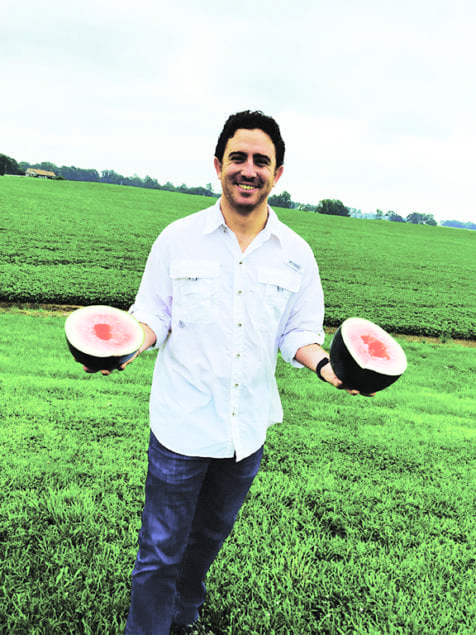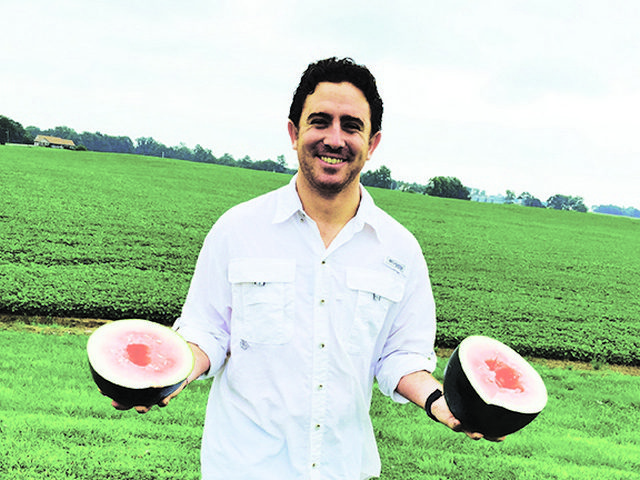
As you may know, I have a great interest in agriculture. It’s an awesome business – because without fresh food, we’d be living a pretty miserable existence. You may also know, when I am passionate about something, be it here at home in Pinecrest or on a national level such as with immigrant labor, I weigh sides, take a firm stand, and fight for what I believe is fair and right.
Lately, there has been a lot of discussion concerning immigrants in the U.S. I’m here to tell you that without immigrant labor, farming in our country would be in trouble.
The amount of labor involved in harvesting our crops is intense and the work itself is very difficult and backbreaking. We rely on the hard work and efforts of individuals from several countries (primarily Mexico, Central and South America) to assist us in feeding the world.
This brings me to the subject of H2-A Visas. Simply put, an H2-A Visa allows a U.S. company to hire foreign nationals to provide temporary labor. This classification of employee can be extended year by year (with lots of paperwork), but the maximum amount of time an employee can stay is three years – then the worker has to leave the U.S. and stay out of the country for three months. Spouses and children can join the H2-A worker, but they can’t work in the States while the H2-A worker is employed under this Visa.
You may recall, last year in one of my very first columns, I shared with you some of what I said in testimony in an Agriculture subcommittee hearing on specialty crops. I stepped up to take a stand on this very issue, by stating that an adequate, legal labor force is the industry’s “most pressing issue.”
What I shared with these members of Congress, which was picked up by Bloomberg News, USA Today, and a daily Capitol Hill publication called The Hagstrom Report, was that about 150,000 seasonal guest workers a year receive Department of Labor H-2A visas, or about 10 percent of what is required, but the reality is this: The vast majority of the nation’s foreign-born farm workers do not have proper work authorization and the emphasis on enforcement, without an accompanying, effective, legal Agriculture guest-worker program, puts our industry in jeopardy.
Now while it may be true that while some suggest that American workers are losing their jobs to immigrants, this really is not the case when it comes to labor in the fields.
The stress of finding consistent labor is difficult, particularly in Florida where, unlike California, there is not easy access to workers coming over the border. Additionally, the labor force coming from Mexico is aging; it is difficult to find young people who wish to perform this kind of work at all.
Currently, there is a Bill (HR 2087) pending in Congress that would extend the H2-A Visa for 18 months to allow for continuity. And a second Bill (HR 281) seeks to move the responsibility of issuing these Visas from the U.S. Department of Labor to the U.S. Department of Agriculture. I implore you to write to your Congressman and encourage the passage of these two Bills. The cost of produce will rise if there is a not a labor force willing to pick the produce – it will die on the vine, and your wallet will feel the pain.
It’s hard for me to fully express how important it is to have a successful Visa program for these valuable workers. If I could schedule a field trip for all to come out and see how hard these employees work, it would make you think twice about complaining that your office’s coffee is not tasty.
About James Field: James is committed to keeping in touch with the Pinecrest community and hopes you welcome his insights on issues affecting Village residents. Please send an e-mail to jfieldjr@gmail.com with questions or comments.






